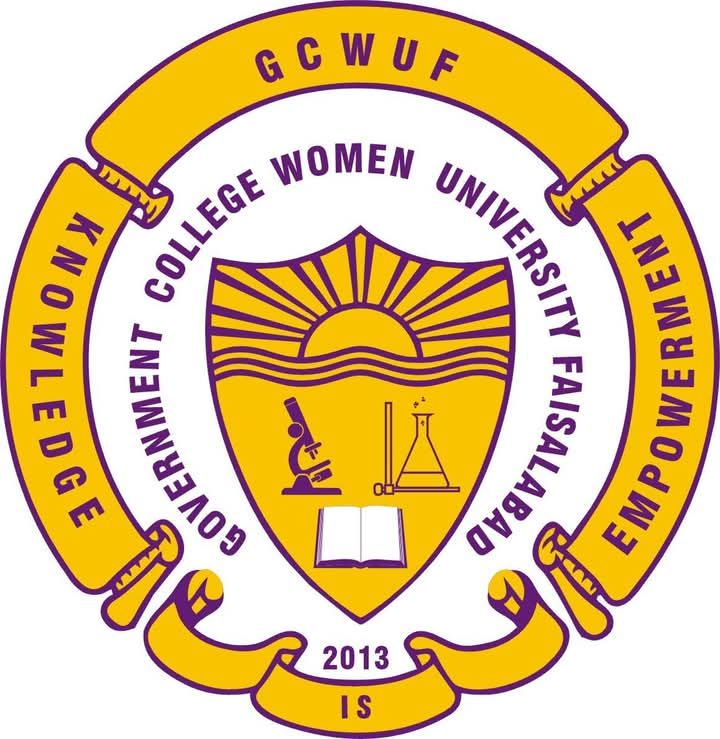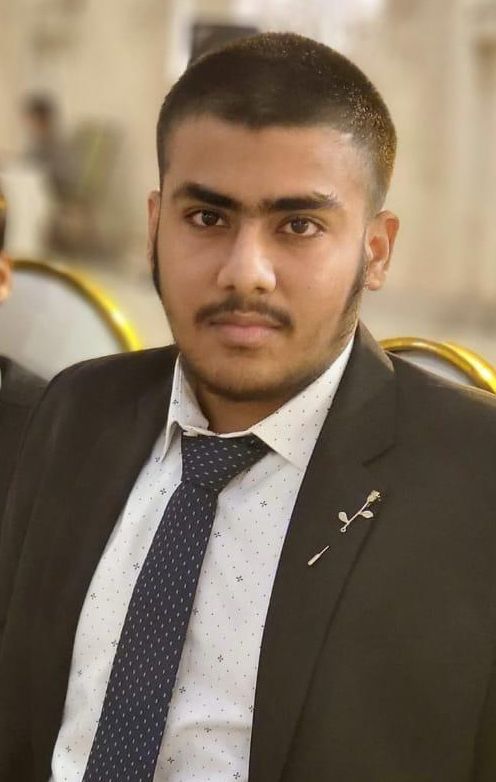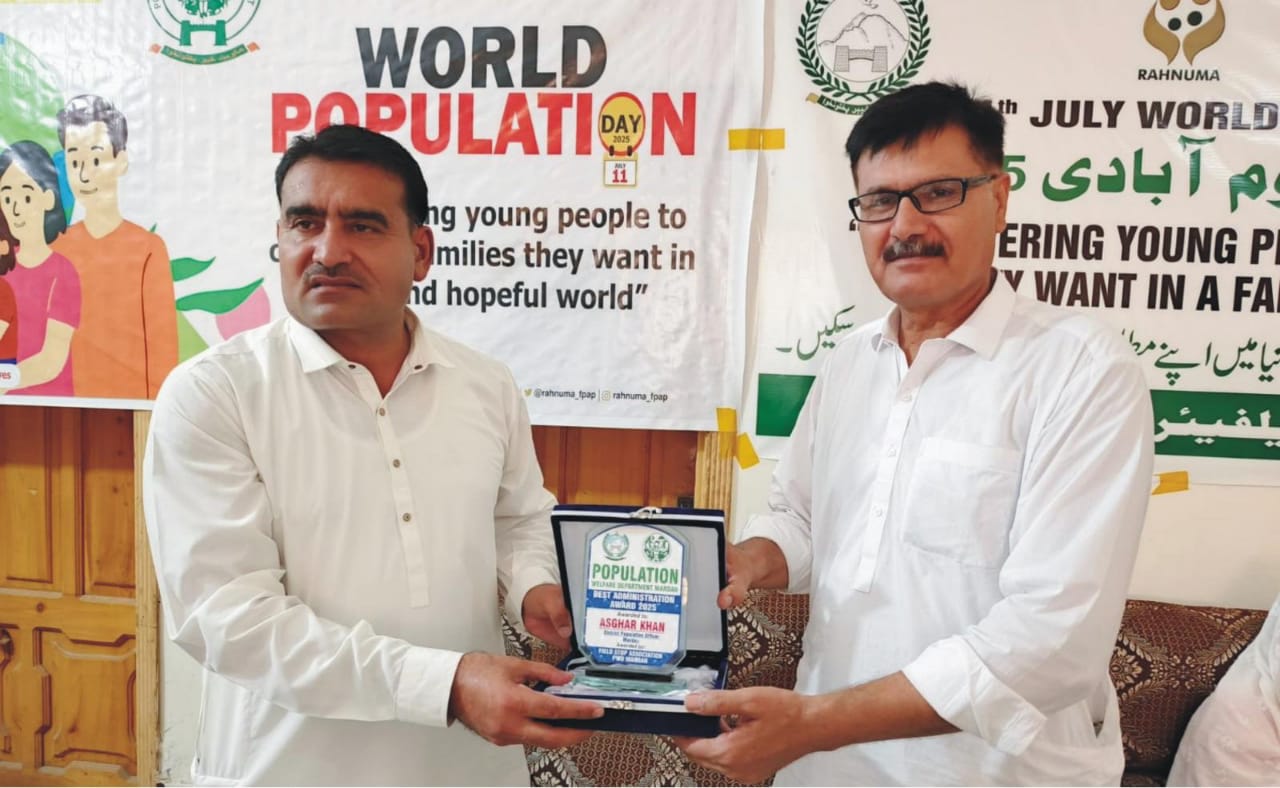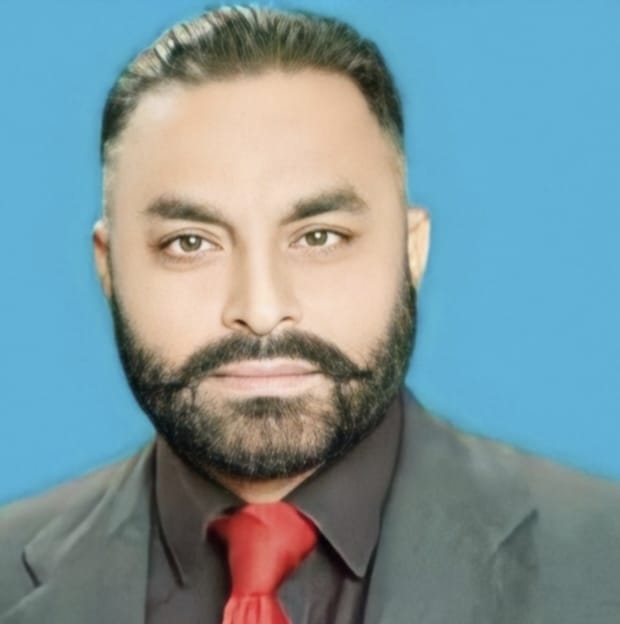GCWUF Becomes the First Women University to Successfully Complete NAHE-Initiated Women Empowerment and Mentoring Program
By Abdul Majid
Faisalabad (NNP) The closing ceremony of the first session of the Women Empowerment and Mentoring Program (WEMP) was held at Government College Women University Faisalabad (GCWUF). It celebrated the successful training of seventy female faculty members from various departments under the guidance of fourteen professional mentors.
The chief guests of the ceremony were Dr. Noor Amina Malik, Managing Director of the National Academy of Higher Education (NAHE), Islamabad, and Ms. Saadia Taimur, Parliamentary Secretary for the Women Development Department and Focal Person to the Chief Minister of Punjab.
In her keynote address, Dr. Noor Amna Malik highlighted women’s voices, leadership, and confidence in driving real change within institutions and society. “Unless women raise their voices, no sustainable solution to their problems can be achieved,” she asserted. She emphasized the importance of institutional support mechanisms. She shared that women faculty and students nationwide have been provided platforms to speak up and receive targeted training under the NAHE’s Outreach Program. She proudly acknowledged GCWUF as the first university among 18 nationwide to have completed the program’s implementation phase.
Ms. Saadia Taimur praised the Chief Minister of Punjab’s exemplary initiatives for women’s development, including e-bikes, scholarships, laptops, working women’s hostels, daycare centers, and women’s protection centers. “Today, women are playing a vital role in our country’s economic, educational, and social landscape,” she stated. She encouraged participants to remain confident, develop skills, and maintain a positive mindset to compete and excel in every field.
Prof. Dr. Kanwal Ameen (T.I.), Vice Chancellor of GCWUF, emphasized the importance of fostering a vibrant learning culture. “Teaching and learning must go beyond formality; they must be engaging and transformative,” she said. She applauded the efforts of Dr. Zill-i-Huma Nazli, Pro Vice Chancellor, and Dr. Sadaf Naqvi, Incharge Women Development Centre, for their leadership in organizing the program.
Mr. Tahir Abbas Zaidi, Coordinator of WEMP, elaborated on the key components and impact of the training and also appreciated the World Bank’s efforts in supporting initiatives for women in Pakistan.
The ceremony concluded with distributing certificates to the participating faculty members, acknowledging their commitment to personal and professional growth.




